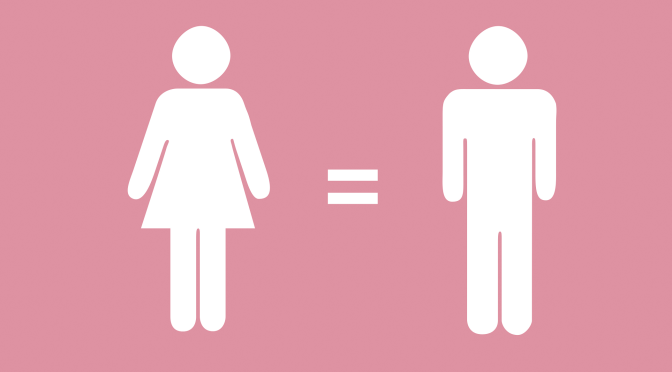Yesterday, I had a conversation with an old schoolmate of mine and it was eye-opening in a frustrating way. What started out as small talk eventually became a heated debate as the topic shifted to gender equality and this is one I’m extremely vocal about and will fight you on, no matter who you are, friend or foe.
Feminism is so often misunderstood and it’s time we put that to bed. When I heard this schoolmate of mine say, “There’s a very thin line between feminism and feminazism.” I did just that and if I’m viewed as being a ‘feminazi’ to speak unabashedly about this issue, that’s alright. Because it needs to be said.
Feminism is gender equality yet what has sprouted from this most necessary and important movement is a pejoratively popularised branch called Feminazism which, on the other hand, is more radical and typified by the media as the promotion of women’s rights over men’s. Feminism and feminazism are not the same thing, and to me, the line is very clear. It is a bright red divisor, between a land of equal opportunity and that of inequality.
Simply put, if patriarchal society were an hourglass where the top glass bulb representing men, provides for and supersedes the second glass bulb representing women, then feminazism is the movement trying to invert that hour glass. Feminism, however, wants to break it… not only for women, but men too. That’s also often overlooked.
When this guy began ranting about ungrateful girls using feminism to get whatever they want, saying that women expect too much from men, in terms of paying for dinner and it’s not fair, it sounded to me as if he was likening feminism to a gift card cashed in by women for privilege. And the very example he gave was perfect to highlight how feminism impacts all genders.
There’s always two sides to the story and I understand why men may feel less than enthused when they have to pay the bill when out on a date. They feel the need to be the chivalrous gentleman and pay for the entire meal because of gender stereotypes such as ‘a man must provide or it is seen as sign of weakness’. And yes, I will not deny that women take advantage of that. But there are also men who refuse when a woman wants to pay, because of the same societal standard. See how it swings both way? This is just the tip of the iceberg.

The main problem men seem to have with feminazism charading as feminism is how it is being misused. To that, I have to say this: Of course there are always those who will take advantage of their rights and privileges. Yet we cannot generalise beyond such circumstances. Feminism is much bigger than going out to dinner and debating over who should pay for it. It’s everywhere, both subtle and blatant, whether you’re in tune to that or not.



